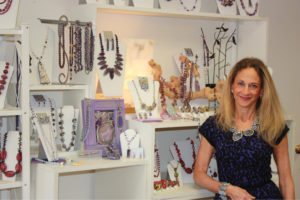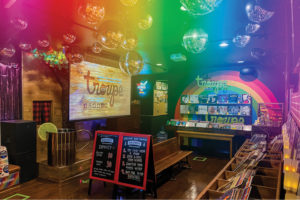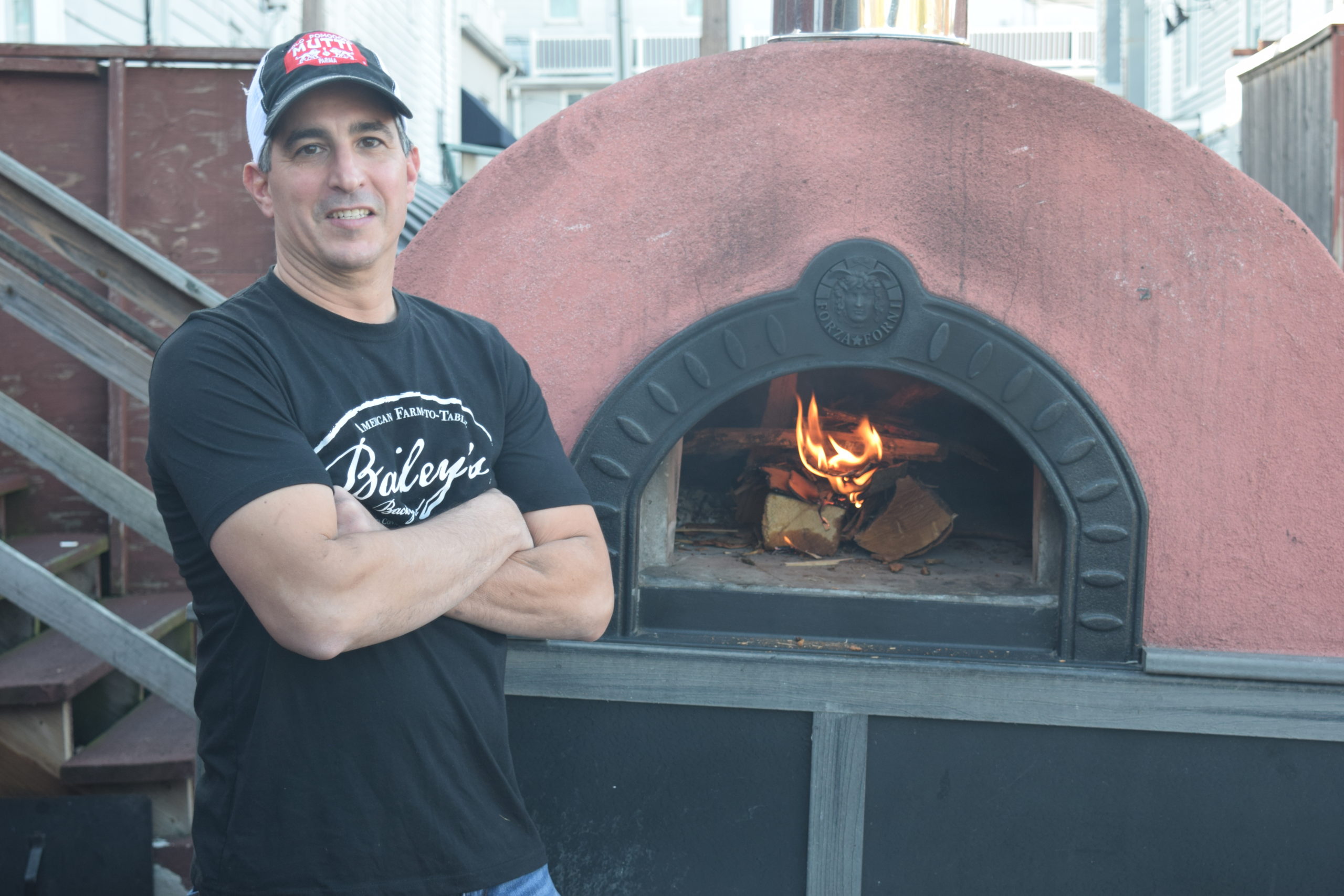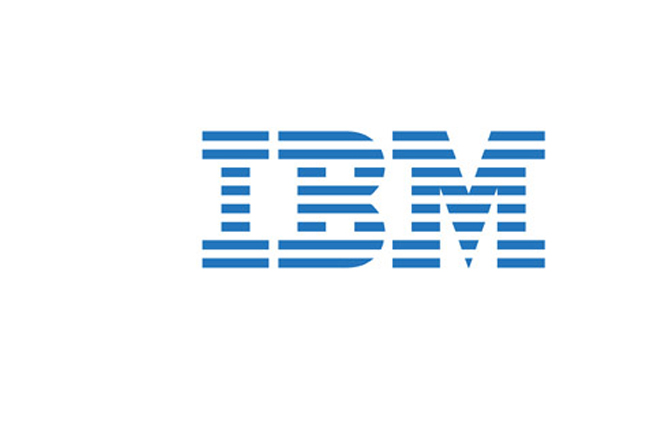On Oct. 16, designer Amy Kahn Russell opened a pop-up retail store at 9 Bailey Ave. in Ridgefield featuring her jewelry creations. The store, located at the former site of Upscale Resale, was Russell”™s first foray into retailing and she only planned to keep it open until Oct. 31.

“We actually did so well that we decided to keep it open until Dec. 22,” said Russell.
Several doors down from Russell is Sal Bagliavio”™s restaurant Bailey’s Backyard. When the Covid-19 pandemic hit and Gov. Ned Lamont forced Connecticut”™s restaurants to temporarily suspend indoor dining, Bagliavio purchased a mobile pizza oven and created pop-up pizza stands around Ridgefield and the surrounding towns.
“We have someone sponsor us and we set up in their driveway,” he said. “They send out an email to their customers, neighbors and friends. And then they put in orders and then we arrange to make the pizzas for them. We just started doing breweries and other venues as well ”“ we’re available to do any event anywhere.”
The modern concept of pop-up commerce took root in the mid-1990s and early 2000s as part of the growing popularity in guerrilla-style marketing. Event marketers used pop-up storefronts in cities and temporary structures at cultural and sporting events to introduce new products by major brands. These settings would pique consumer curiosity while generating media publicity based on their ephemeral appeal.
Arts-focused nonprofits also took advantage of the pop-up setting to create buzz for their special happenings. The Vicious Circle, a Stamford-based independent art exhibiting cooperative, celebrated its 25th anniversary last December with a pop-up music and art gallery in the city”™s downtown.
“We’re offering artwork to people that they usually don’t see, especially downtown,” recalled Bayardo Carrillo, a media specialist who produced the event. “We had a full house and it worked out really well.”
From a landlord”™s perspective, pop-up retailing can be an effective tool to attract attention to neighborhoods that would not benefit from empty storefronts. Phil Kuchma, president of Kuchma Corp., previously arranged for a temporary lease on an arts-focused enterprise within a retail space in his Bijou Square mixed-use development in downtown Bridgeport.
“Other than people that are coming to deal with government-related business or the courthouses and attorneys, and those that live in a downtown, many people don”™t have any reason to visit the downtown region,” he said. “So, we have to create our own attractions and entertainment helps to do that.”
Kuchma admitted that although his pop-up experience “was interesting to people, it didn’t prove it could be viable a business.” Nonetheless, he added, the space had been vacant for roughly six months with no takers before the pop-up space took up a two-month residency, and he was able to fill the space with a full-time tenant who moved in shortly after the pop-up lease expired.
Kuchma also recommended that pop-up retail leasing can benefit entrepreneurs who are new to running a store.
“The ideal situation is to not be put in a position where they have too much pressure on them,” he said. “But they need an opportunity to demonstrate to the market and to a landlord that they can be a traction for business so that they can survive.”
And survival has been particularly daunting during the Covid-19 pandemic, with some business owners turning to pop-up as a means of keeping a revenue stream flowing. In Norwalk, the LGBTQ bar Troupe429 has been unable to resume its operations due to the governor”™s edicts. In August, after a four-month closure, the business reinvented itself as a pop-up record store specializing in vinyl records.

Casey Fitzpatrick, co-founder of Troupe429, has been appreciative with the sales from this pop-up solution. He also credited this strategy in helping to keep alive a corner of a business sector that was already facing challenges before the pandemic.
“There are less than 700 queer bars left in America,” he said. “They have been closing at an alarming rate for the past decade, and being hit with Covid-19 and a prolonged quarantine has increased the odds of more LGBTQ bars closing before the end of the year. We really must come together as a community to save our safe spaces right now.”
Over at Bailey”™s Backyard, Bagliavio is among the state”™s restauranteurs who have been struggling to find a balance between public health safety mandates and maintaining a profitable business.
“It started in response to Covid,” he said about the introduction of his mobile oven. “We saw a need for mobile service, as far as backyard events and bringing takeout to people instead of making them come get it.”
Bagliavio also parks the mobile outside of his restaurant for customers who are still not comfortable going inside to dine and are not eager to use the outdoor dining space that he”™s set up. He added that the recent rollback from Phase 3 to Phase 2.1 will create more challenges for his business, and he is using the mobile oven to cook a wider variety of meals for those seeking something more than pizza.
“We’ve done wings in it, we’ve done salmon and chicken,” he said. “It’s an oven, so we can cook anything.”
If there could be a silver lining in this situation, it would be the start of a potential new wave of brick-and-mortar retailing. Jose Mendoza, professor of marketing at Sacred Heart University, theorized that many endeavors created as e-commerce exclusive sales could use pop-up stores as a test platform, noting “these new brands or small businesses want to be connected with consumers in a physical manner” but are not yet ready to commit to long-term leases.
“I would say that Covid has been a catalyst for change by demanding retailers to be dynamic and creative,” Mendoza said. “Retail has been trying to reinvent itself for a long time.”

Austin Monteiro, a commercial real estate broker with William Raveis Real Estate, affirmed that pop-up stores will take fuller advantage of prime shopping periods.
“I think we may see pop-up stores with online companies opening up for one or two months during the busier times of season, and not a full-year lease,” Monteiro said. “I think it’s a nice way to test your market before launching yourself into a five-, 10-, 20- or 30-year lease.”
However, Monteiro admitted this is not a one-size-fits-all approach, pointing out that “a lot of it depends on the market or if you”™re in a city or a suburb.” He also commiserated with landlords who were looking for longer-term tenants rather than occupants who would be gone in a month or two.
Nonetheless, a temporary tenant could be better than none ”“ especially in shopping malls, which are experiencing their highest vacancy rates in 20 years, according to a recent Moody”™s report. Rajasree K. Rajamma, associate professor of marketing at Fairfield University, believed pop-up retailers moving from online to brick-and-mortar could cauterize some of the pain that malls are now experiencing while restoring vibrancy to the traditional retail sector.
“It’s cheaper to start an online store compared to opening a storefront,” she said. “Pop-up retailing gives them an opportunity to test the market or test the customer or certain geographic areas. With all of the increasing vacancies in the malls, this definitely is going to be a trend in the future.”
For Amy Kahn Russell, pop-up retailing substituted for the sample sale stands that she would assemble at Ridgefield arts centers ”“ something she could not accomplish this year due to the pandemic closing those venues. To her happy surprise, Russell has seen strong support from customers eager to support independent businesses.
“We were very well received by the local people and even tourists that were coming through our town,” she said. “And our neighbors were very excited to have us here ”“ we’ve got a cute little street and people want to stay local because they aren’t traveling so much. But they also want to support local artists, local vendors and local stores, and they kept encouraging us to stay open until Christmas. So that’s what we decided to do.”
For The Vicious Circle”™s Bayardo Carrillo, now is the perfect time for anyone eager to test out the potential of a pop-up presence.
“There are quite a few empty spaces, unfortunately,” he said. “But that’s good for us, I suppose.”






















